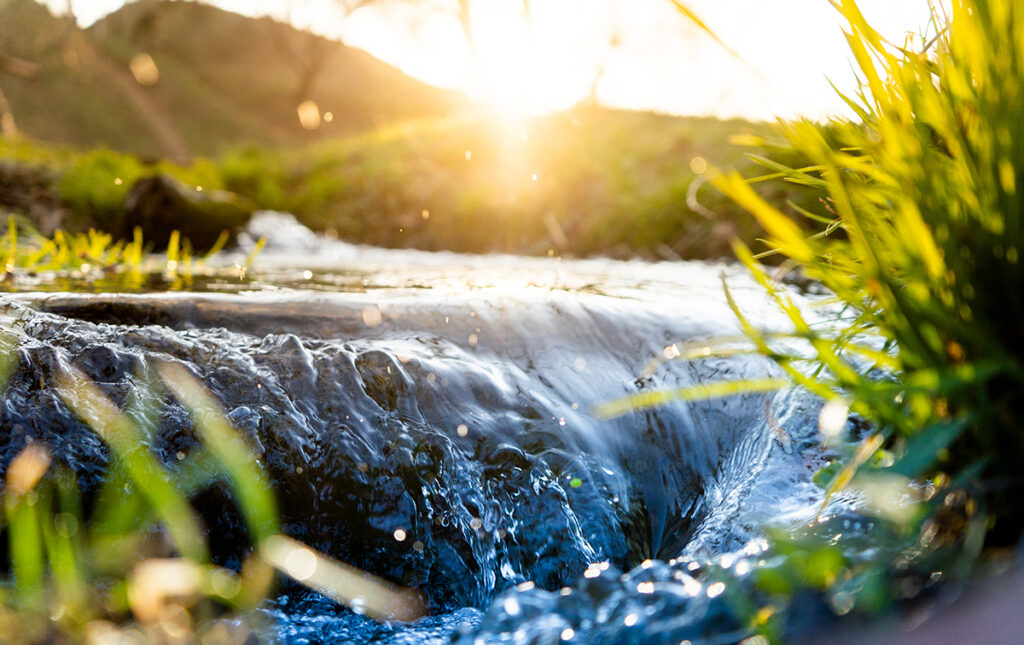At the same time, Cherokee values tell us we have a duty to protect the land and waters that bring life to the whole community. Farmers, large and small, join in that responsibility to be good neighbors and not to pollute our shared resources. That’s why Oklahoma law includes a common-sense prohibition against discharging large amounts of poultry waste into the waters of the state.
Never miss Indian Country’s biggest stories and breaking news. Click here to sign up to get our reporting sent straight to your inbox every weekday morning.
It is disturbing to see a push by Oklahoma lawmakers to undo that protection. I recently joined with the leaders of the Muscogee, Chickasaw, Choctaw and Seminole nations to speak out against House Bill 4118, which, if passed into law, would severely threaten Oklahoma’s water. The bill would remove the prohibition on discharging waste, shield polluters from all liability, and replace these protections with vague rules to be developed by a relatively small state agency that does not have the capacity to monitor poultry farms across the state.
Not so long ago, we saw what happens when this waste is allowed to go unchecked. The pollution led to algae blooms that clouded the water, killed numerous fish, endangered drinking water, and threatened recreational areas. Lake Tenkiller, just south of the Cherokee Nation’s capital in Tahlequah, was one of the worst affected bodies of water, and the damage extended to many other waterways. That’s why a federal judge ruled against the handful of large companies controlling the poultry industry in a lawsuit filed by the Oklahoma attorney general in 2005.
HB 4118 would take all of the teeth out of that ruling and remove other safeguards against pollution. In its current form, this legislation poses a serious threat to the environment and water quality on the Cherokee Nation Reservation. It also undermines the ability of property owners, including thousands of Cherokees and our neighbors across northeast Oklahoma, to protect their land and water from pollution by poultry waste.
Our commitment to preserving our environment is unwavering, and this bill threatens this precious resource for future generations. In effect, HB 4118 would allow the industry to regulate itself and just hope that every farmer and poultry corporation does the right thing, with little to no recourse by the state or local communities if they violate that trust.
Cherokee Nation proudly supports farmers and other agricultural producers, but we cannot support a bill that would grant immunity to polluters, threaten our water, and harm communities and recreational areas across the Reservation. For all of these reasons, I am urging state lawmakers to not allow HB 4118 to advance any further. Please visit our Citizen Action page and download a template letter that you can send to voice your opposition to HB 4118.
Chuck Hoskin, Jr. is the princiipal chief of the Cherokee Nation.



